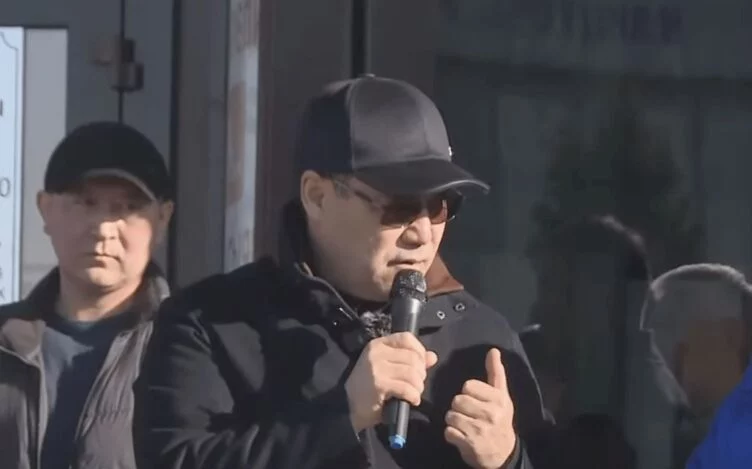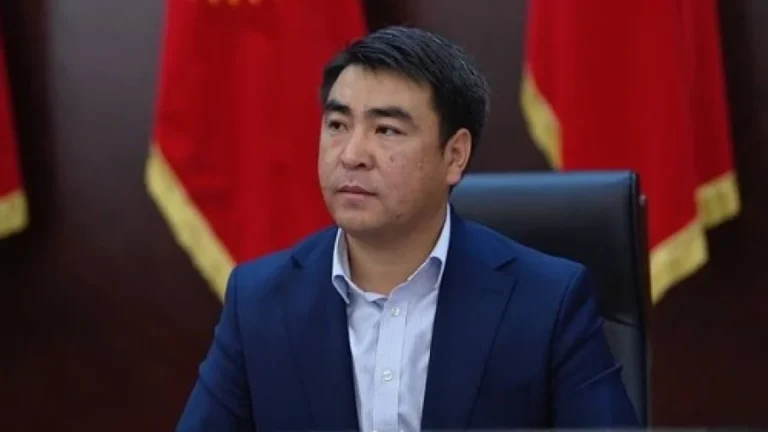Kyrgyz president alleges “revolution” plot behind market vendors’ protests

Kyrgyz President Sadyr Japarov alleged on Tuesday that some unnamed “groups” intended to take advantage of market vendors’ protests that broke out across the country last week to topple his government.
Japarov made the allegation after announcing postponement until next July of the new trading rules that sparked the protests.
Japarov said the government had “all the information” pointing to the fact that “there are three-four groups” that were planning “to take advantage of the situation [protests] to stage a revolution”. He gave no further details.
All except one power change in Kyrgyzstan since its independence were a result of public protests leading to the overthrow of the government. There are rumours that the powerful security chief Kamchybek Tashiyev is seeking to unseat Japarov.

The protests over the new trading rules started last week at several Bishkek markets, spreading over the following few days to all major markets across the country.
Under a new Tax Code, market vendors are obliged to use cashier machines and electronic consignment notes and invoices.
The changes came into force in January 2023. However, the government allowed a one-year grace period during which the new rules were not enforced. The grace period was expected to end in January.
Speaking on Tuesday, President Japarov said the tax service was not fully ready to enforce the new rules from January.
He said the government was introducing a moratorium for the first six months of 2024 on inspections of market vendors’ compliance with the tax regulations.
Prime Minister Akylbek Japarov earlier said that traders whose profits are under 8m soms (about 89,500 dollars) would not be taxed, but regarding the others he said that “every citizen, according to our constitution and the Tax Code, must pay taxes on all goods they sell in Kyrgyzstan”.
The new rules are part of the government’s measures to reduce the national economy’s ‘shadow’ part. The experts say that the shadow economy accounts for about 50 percent of Kyrgyzstan’s entire economy.
Many Kyrgyz families live off trading in consumer goods brought in from neighbouring China. A significant portion of the cross-border trade and the country’s wholesale and retail markets is controlled by organised crime groups.
Follow our Telegram and WhatsApp channels!





Все комментарии проходят предварительную модерацию редакцией и появляются не сразу.